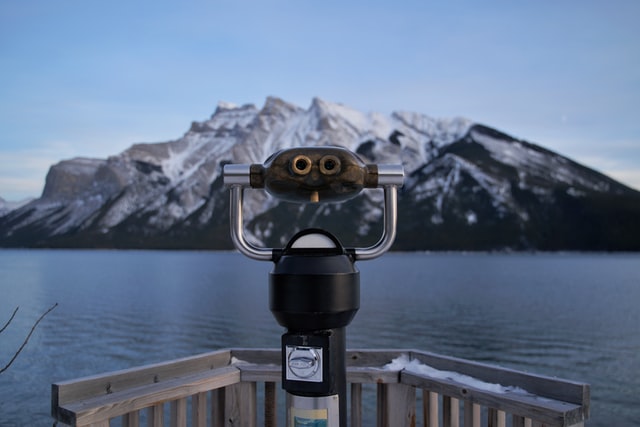This year’s CTL book club brings a welcome respite from the turbulence of Transformation. A small group of us has gathered about once a month for lunch and friendly discussion. We try not to use the time to process the news of the day, but inevitably I leave the conversation with a new perspective on it. I’ve written more than one email to share what we discussed. It’s usually with a suggestion or one good idea for how folks with sway can make things a little better. This month’s meeting was no different. The club spent the hour exploring an idea from a chapter in Make It Stick: The Science of Successful Learning concerning “illusions of knowing”:
Our understanding of the world is shaped by hunger for narrative that rises out of our discomfort with ambiguity and arbitrary events. When surprising things happen, we search for an explanation. The urge to resolve ambiguity can be surprisingly potent, even if the subject is inconsequential. (109)
The authors spin out some of the implications for learning that arise from this “hunger for narrative”. These are largely around the suggestibility and error that our cognitive reliance on narrative opens us up to. And also that in the absence of a compelling narrative, we tend to supply our own. But the club also considered how stories can engage us. Many effective teachers understand this “hunger for narrative” and use story to make their lessons more understandable, memorable, and even inspiring.
Since last week’s lunch, I’ve asked myself what stories I’m hearing in my day-to-day work life as Transformation is the hallway discussion of the day. Maybe you can imagine the kinds of stories that come to mind. I don’t like to think about some of them, and I know that some of them are driven by fear in the absence of stories that can inspire us.
We’ve all had that moment when we recognized that work for Transformation threatened to supersede the other work we value. But I believe that it has displaced much of our usual storytelling all together. I’m not going to make an elegant explanation here, but this is the gist: So many of us are heads down, getting through the day, doing the work of updating policy, or managing some tricky meeting, trying to get the fall schedule settled, or working through some contentious issue, whatever. It’s important work, we are working hard, and it’s how we build a new, enduring institution. At about this time in any normal term most of us would be aware that we have less and less mental space for reflecting and for sharing stories that reinforce a sense of community and common vision.
So, we want to give some air to stories, to make a space where we can pause and note some of the good things happening around us. Thinking about how some of the work of the Center for Teaching and Learning here has been happily inherited by the new Center for Teaching and Learning Innovation for VTSU, Gillian Galle and I have been talking about where to take the Educator from here. We’d like to turn it to telling our stories and to making space for others, even our students, to tell theirs.
This week begins our first attempt at it. If you get a chance to walk around the NAS Research Fair this spring and take in all of the different kinds of research going on in the Natural Sciences Department, it will soon become apparent that Castleton’s students are widely engaged with making knowledge in service of Vermont’s communities. This week we feature Professor Andrea Corcoran whose work with students blends knowledge-making, community engagement, and workplace readiness.
We also offer a couple interesting resources on the subject of relevant learning. Our Hopes and Dreams is a re-publication of a blog post that was produced as a team worked on the Davis Foundation Grant for Integrative Learning, and will be the first in a series on designing courses for significant learning. We also share an activity from last week’s meeting of the Castleton Mentors in which the group discussed how faculty should handle deadlines for student work; is it true that “in the real world there are no extensions” or should we keep pandemic flexibility? And what are the implications for our own workflow? If you are interested in learning more about the pedagogical activity in that post, you might have a look at this article by educational developer and friend of CU Bill Roberson and others on forced choice exercises.
Finally, as we pass in the halls and ask how each other is doing, let’s keep up the encouragement and know that despite the turbulence we are all doing important work. Hang in there and take care of each other.
Source: Peter C. Brown, Henry Roedigger III, and Mark McDaniel, Make It Stick: The Science of Successful Learning (Harvard UP 2014).



